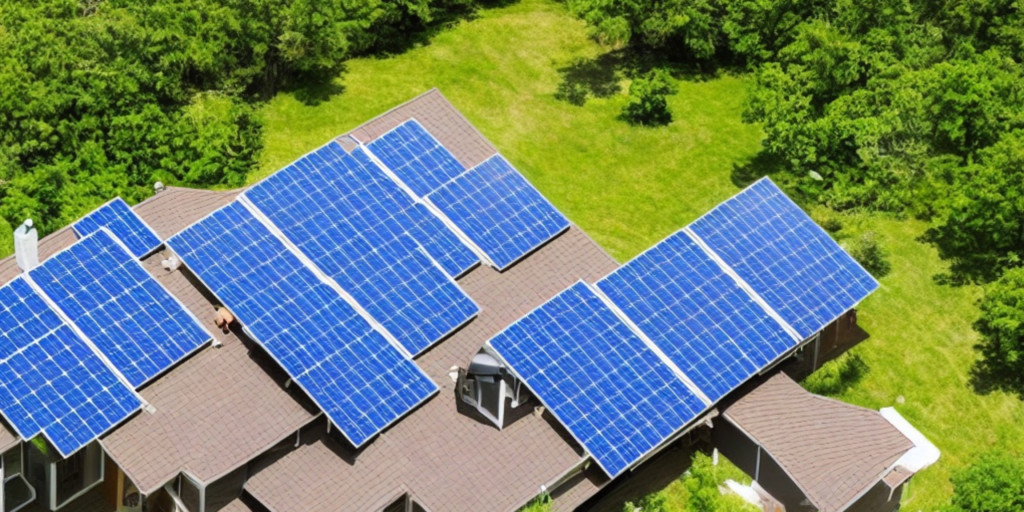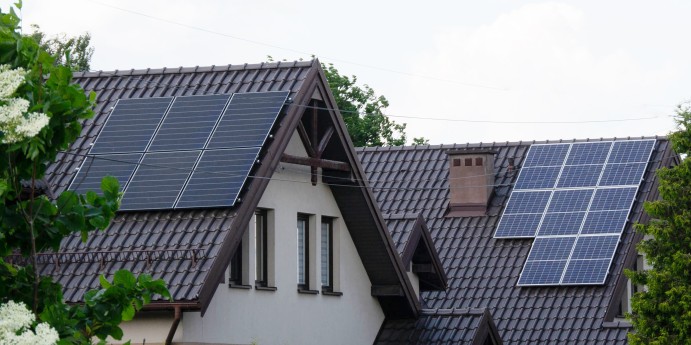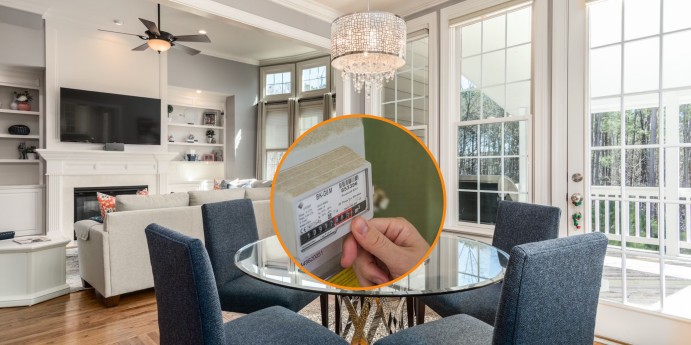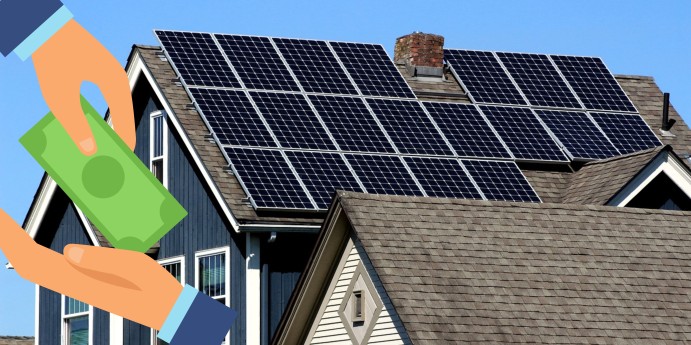Along with the growing popularity of solar energy systems in residential homes, there is also a growing wave of small solar panels. No bigger than a backpack, these miniature powerhouses have a wide variety of uses for both indoors and outdoors, and may even be able to power air conditioners! Want to know about wattages and specific appliances you can run on small solar panels? Let’s dive into the details:
Types of Solar Panels
Standard Rigid Panels
- Description: Similar to rooftop panels, but smaller.
- Construction: Aluminum frame and glass casing for protection.
- Power Range: 10 watts to 100 watts.
- Size:
- 10-watt panel: ~7×9 inches.
- 100-watt panel: ~40×20 inches.
- Uses: Power various devices, standalone units on poles, kits, and electric vehicle charging.
Flexible Panels
- Description: Inexpensive and unique, can bend around curved edges.
- Construction: Made with thin-film technology, no rigid aluminum frame.
- Characteristics:
- Very lightweight.
- Easy to acquire and install.
- Ideal For: Camping activities, RVs, boats.
- Downside: Less efficient at generating electricity and more prone to damage.
Fold-Up Portable Systems
- Description: Designed for portability and traveling.
- Construction: Made of 4-5 small panels linked together, foldable into a wallet.
- Characteristics:
- Highly portable.
- Designed to be the thinnest among the three types.
- Downside: More prone to scratches and damage.
Fueling Your Off-the-Grid Adventures
Imagine this: you’re camping and you’re about to take a picture of a deer who happens to just pass by, but your phone has no battery. With a small solar panel discreetly installed by your tent, you can:
- Keep your phone charged for capturing moments.
- Power camp lights to keep your adventures bright even after sunset.
Be Prepared for Anything
Power outages can come unexpectedly, but having a small solar panel with a rechargeable battery can:
- Keep electronics like emergency lights and radios running.
- Power porch lights and security cameras, assisting your home’s needs.
- Ensure portability, so you’re always prepared during emergencies.
Recommended Wattage for Household Appliances
Appliances display running wattage, required to power the device normally, and starting wattage, needed to turn it on. Including both in your calculations ensures a sufficient power supply.
Air Conditioners
- Energy Usage:
- Starting wattage: minimum of 3.5 kilowatts (kW).
- Running wattage: around 1.7 kW to maintain comfort.
TVs and Refrigerators
- TVs:
- 30” LCD screen: ~50 watts.
- 42” plasma screen: up to 250 watts.
- Refrigerators:
- Running wattage: 500-700 watts.
- Starting wattage: 2 kW.
Here’s a table including other electronics for comparison:
- Laptop: 50-100 watts
- Microwave: 600-1200 watts
- Washing Machine: 500-1500 watts
- Coffee Maker: 900-1200 watts
Common Appliances | Running Wattage | Starting Wattage |
TV 32” LCD | 50 | |
TV 42” Plasma | 250 | |
Refrigerator | 500-700 | 2000 |
Microwave | 1000 | |
Vacuum Cleaner | 300-1500 | |
Radio | 45 | |
Light | 40-100 | |
Coffee Maker | 1700 | |
Air conditioner | 1200-1700 | 3500-8000 |
Battery Powered Home
A 4 kW solar panel system can potentially generate enough electricity to run your air conditioner during peak sunlight hours, from 9 am to 3 pm. If you have a battery system that can store a huge amount, that’s even better! You can store that energy during the day when no one is home, and let your stored up solar energy power your AC during the night.
Plug Back into the Grid
Battery systems can cost quite a sum, but plugging back into the grid is always an option, especially if you live around New York, New Jersey, and Connecticut, where there are net metering incentives to gain.
Small solar panels are widely available in the market especially for their efficiency and portability, but in order to run high-wattage electronics, you must first understand different wattages and required electrical input in order for systems to run smoothly. Sometimes, a tailor-made solar panel system that is fit for your home is what you need.
Consult a Solar Energy Expert to tailor recommendations to your specific needs. Here at SunLife Solar, we can guide you on the right wattage and system setup for your household appliances. And the best part? You can get this expert advice for FREE! You may call us at +1 833 4786 669, or you can visit our website SunLife Solar to book an appointment now!
 833-478-6669
833-478-6669



